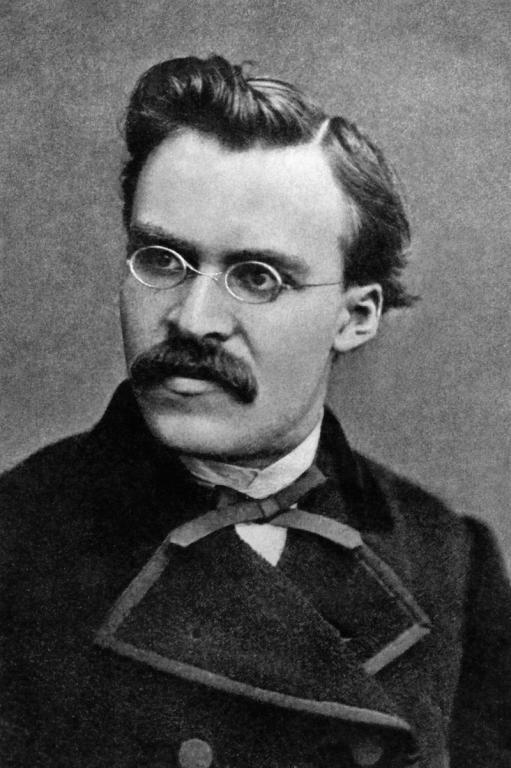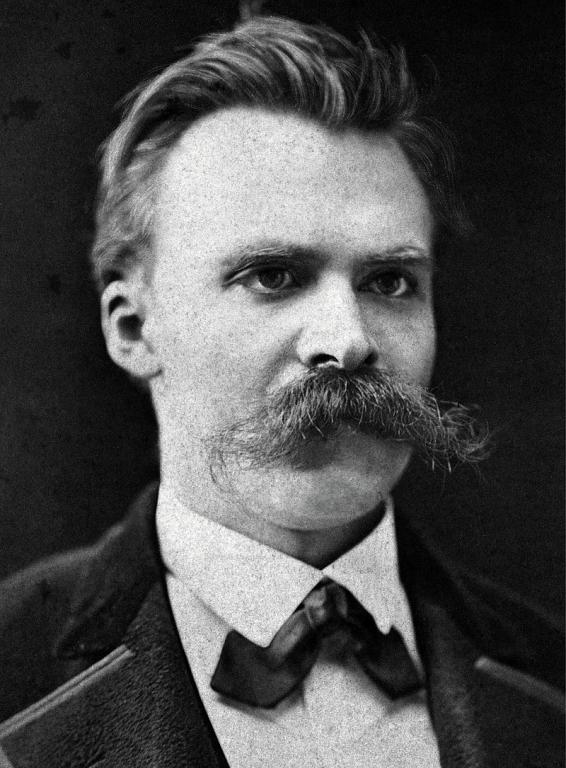 |
| RYGER / Shutterstock.com |
This post is part of a new feature from Patheos called Head to Head where our best minds debate the big questions of the day.
This week, I’m debating the Atheist Channel’s Ryan Bell of “Year Without God”. The question: does emphasizing the incomprehensible nature of god become an expression of atheism? Or put simply does religious faith require a personal God?
This topic was brought to us by James F. McGrath. You can see James’ thoughts at his blog, “Exporing our Matrix”.

Ryan’s response was probing and raised some good questions about whether there is evidence for a God who loves and cares. I want to conclude this exchange by thanking Ryan and by offering some brief answers to his worries. These answers are, of course, incomplete and opportunities for further exploration.
One of Ryan’s evidential worries is the “silence of God in the face of our earnest appeals…” This is known as the problem of divine hiddenness. Among philosophers in my own tradition of Christianity one answer to this is that the question is an anthropocentric (i.e. human-centered) projection of unreasonable demands upon God. God’s reasons for not always revealing Himself might in fact be much better than we could possibly imagine. Other theistic philosophers have argued that the reason God does not always reveal Himself is in order to cultivate our spiritual characters (i.e. soul-making), by teaching us to walk in faith.
Another of Ryan’s evidential worries is the “inaction of God in the face of evil and suffering.” This is known as the problem of evil. One of the most convincing responses that I have encountered for why God seems to be inactive in the face of evil and suffering is that He has decided that a universe in which beings have the power of free will is, on balance, superior to a universe in which they do not. If God had made us as unchoosing robots, then we would in a certain sense have been valuable as beings. But our intellectual and spiritual capacities, and our capacity also to flourish as the members of God’s created order are dramatically enhanced by the fact that God stands back and lets us make our own free choices – about God, about our earthly lives, and about our eternal futures. This answer may not seem sometimes to be emotionally comforting when we are in the throes of agony, but it undoubtedly is reasonable as an account for why God might appear now to be inactive even as He is in the final scheme of things ensuring an eternal justice.
A third of Ryan’s worries – although not an evidential one – is captured in the question “who created God?” For Thomas Aquinas, one of the great Christian philosophers, God needs no creator because He is an uncaused cause – a self-generating cause that has existed for all time (because God is outside of time) and that will continue always to exist. If we follow Aquinas’s answer here then Ryan’s worry is no more difficult to answer than the typical problem that the atheist has in accounting for how the universe could have always existed.
Finally, in my tradition there are in fact at least four ways in which we can know things about God. One way in which we know things about God is through the Christian Scriptures. For Christians there is also a theological tradition – based on the Scriptures and informed by the work of the Holy Spirit – that has systematized this understanding of God in coherent ways. Again, for Christians there is the interpersonal information that God reveals about Himself in relationships with humans. And fourth, Christians believe that God reveals Himself through the created order. So by no means are we without resources when it comes to knowing God and things about God. In fact upon inspection there are numerous things we can know about God – His intelligence, His love, and His desire to see us succeed (as evidenced by our continued existence). In my view this gives us an opportunity to be eternally grateful to God – for revealing Himself in these numerous sources, and thus for laying a foundation for us to lead lives of flourishing and obedience to Him.











